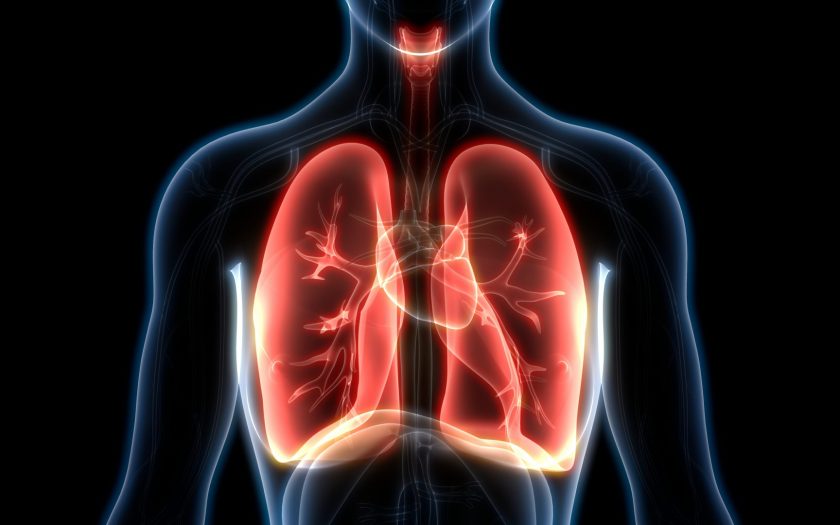- Refusal of smoking, including passive. Passive inhalation of smoke is especially dangerous for children, it is a form of nicotine intoxication (substance abuse) and it contributes to the development of bronchitis.
- It is necessary to undergo preventive examinations and visit doctors on time. For patients with lung pathologies such doctors are a pulmonologist, allergist and tuberculosis specialist.
- Chest X-ray, complete blood count, sputum cytological examination, ECG is mandatory – these are examinations that must be performed once a year.
- Conscientiously follow the treatment prescribed by your doctor!
- During the epidemic of acute respiratory infections and influenza, special safety measures should be observed – wear a mask, do not come into contact with people with symptoms of SARS, and be in crowded places. Your doctor may also recommend a flu shot.
- If you are diagnosed with chronic bronchitis, you should avoid inhaling cadmium, silicon, sulfuric acid and sulfur oxides. You are contraindicated to work in any chemical industry.
- You should avoid staying in crowded and stuffy rooms.
- It will be very useful to perform breathing exercises every day and once or twice a week to swim. Also, a massage once every three months will be appropriate.
- If you have any sleep disorders (especially nocturnal snoring), you should inform your doctor about this and consult an ENT. This is very important because during sleep, especially in the presence of snoring, there may be episodes of short-term respiratory arrest. In any case, it is recommended using an orthopedic pillow (it repeats the anatomical features of a person).
- If necessary, your doctor may recommend using a peak flow meter at home. This is important for monitoring the course of the disease and for the simplest assessment of the effectiveness of therapy. There are peak flow meters that can be connected to the phone and the information from them is immediately transmitted to the doctor.
- Use exactly the form of the drug prescribed by your doctor. For example, if your doctor has prescribed inhalations, use inhalations, but not tablets with the same active ingredient.
- If the disease has a long course or 2-3 degrees of severity, doctors often prescribe nebulizers, which allow 40% (compared to metered-dose inhalers) to increase the penetration of the drug into the airways. Do not ignore these recommendations.
- It is not recommended to take antibiotics on your own, and even more so in a preventively shortened course, without consulting a specialist. Failure to adhere to the principles of rational antimicrobial therapy leads to the formation of antibiotic-resistant strains of bacteria that are difficult to remove from the body.
Treatment of each exacerbation of diseases of the respiratory system is complex and requires medical attention. Antimicrobials are often required for wheezing, coughing with green or yellow sputum, and fever. The most commonly used are such as Alphamox, Ampicillin or Apo-Azithromycin. But before taking, be sure to consult your doctor.

